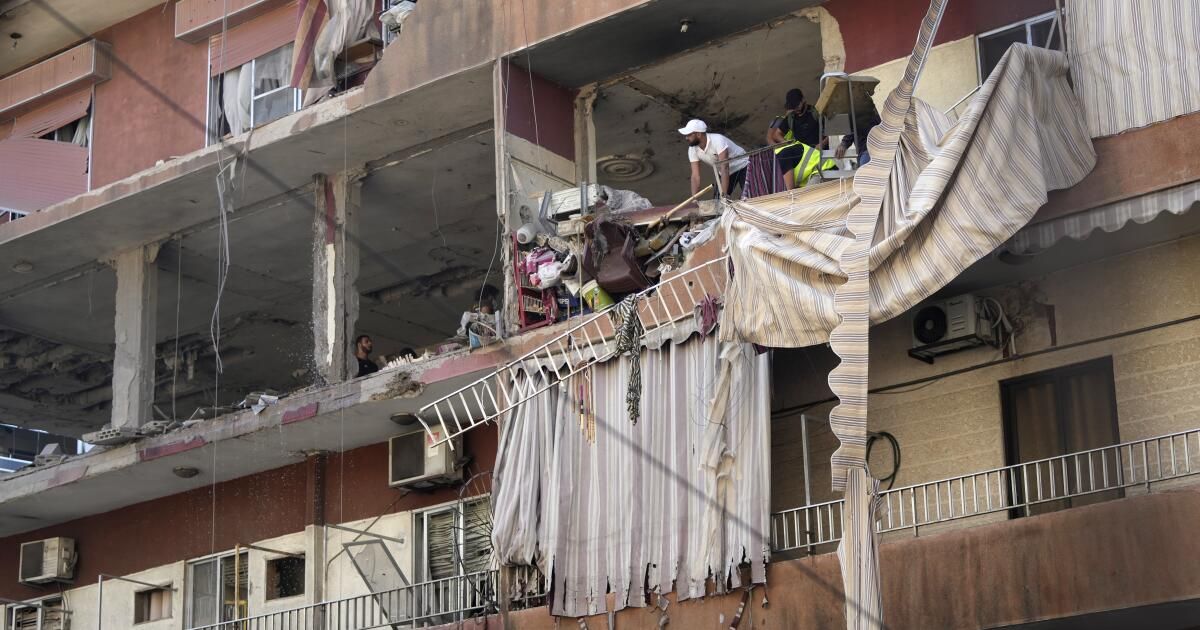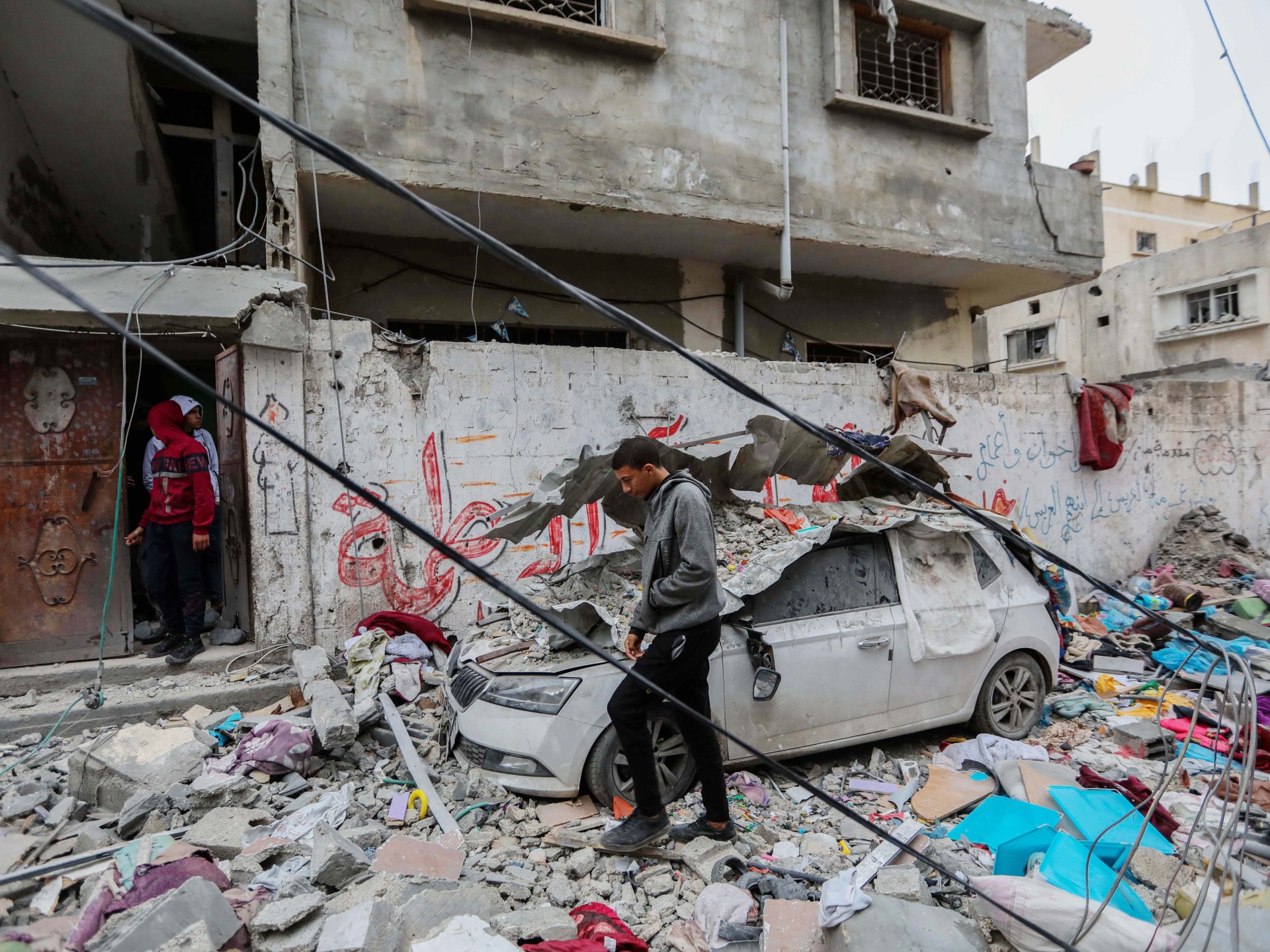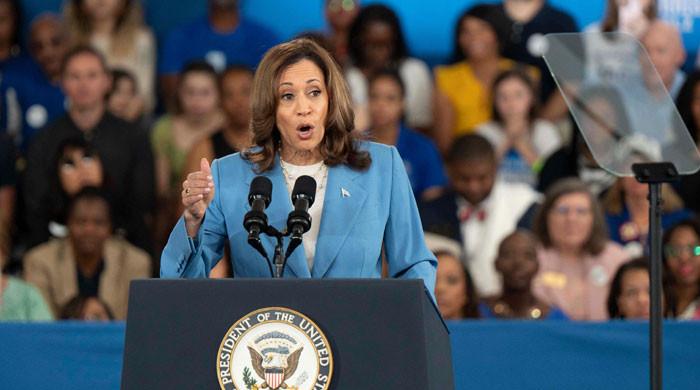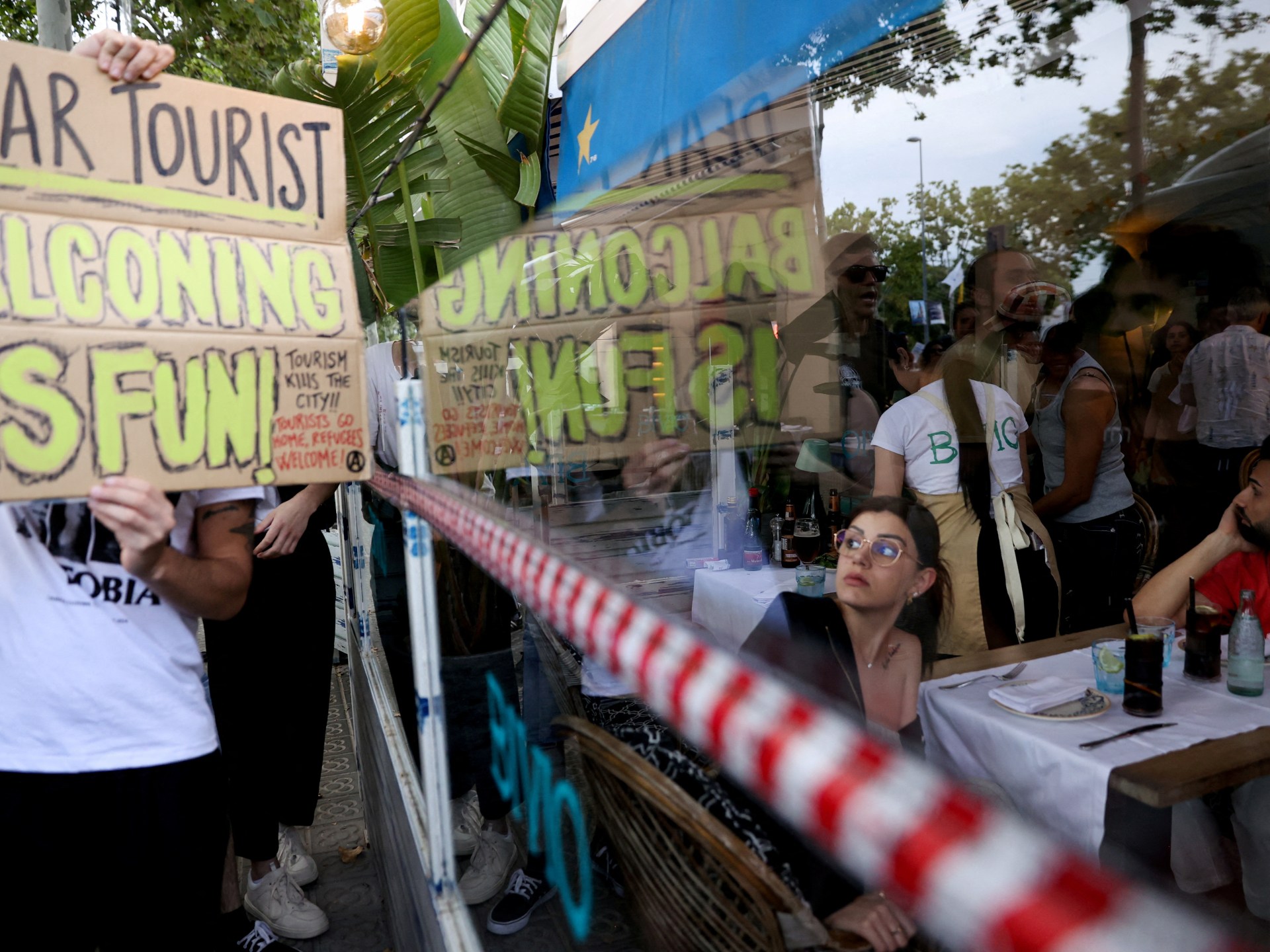Fighting over the past year between Israel and the militant group Hezbollah in southern Lebanon has largely been limited to a tit-for-tat border conflict — so far. In recent days, Israel has assassinated several top Hezbollah leaders in the Lebanese capital, Beirut, and bombed sites across the country, claiming more lives in a single day than at least since 2006.
And Hezbollah has launched a barrage of rockets, less lethal but landing ever deeper into Israeli territory, forcing thousands to flee and fuelling Israeli feelings of vulnerability.
The escalation fuels fears that a limited conflict could soon spill over many borders, with dire consequences.
What are the chances of an all-out war?
By many measures — the intensity of the airstrikes, the death toll, the rhetoric — there is already a major war underway between Israel and the Lebanese militant and political group, which the United States classifies as a terrorist organization.
Neither side has formally declared it, but a steady escalation of cross-border attacks has raised fears of all-out war between the two battle-scarred adversaries.
Some American and other diplomats continue to insist that neither Israel nor Hezbollah (nor, most importantly, Iran, which backs Hezbollah) want the conflict to widen, given the possibility of it spiraling catastrophically out of control. Other observers, however, predict that momentum has already passed the point of no return and that full-scale war is inevitable.
What are they fighting about?
Hezbollah and Israel have been bitter enemies for decades, each bent on destroying the other.
But Hezbollah now says it has stepped up its attacks on Israel because of that country's war in the Gaza Strip, where health officials say more than 41,000 Palestinians have been killed. The Hamas militant group, which ruled Gaza, sparked the war when it invaded southern Israel on Oct. 7, killing about 1,200 people and taking more than 200 hostages.
On October 8, Hezbollah declared its solidarity with Hamas and began sending rockets and drones into northern Israel. It has since vowed to continue the attacks until a ceasefire is reached in Gaza.
For its part, Israel says the proximity of tens of thousands of well-armed Hezbollah fighters stationed on its northern border constitutes an unsustainable threat. With more sophisticated weapons than ever, Hezbollah has been able to fire rockets ever deeper into Israeli territory.
Hadn't they been to war before?
Yes, and there have been other conflicts along the Israel-Lebanon border before Hezbollah, highlighting the volatile nature of the border and historical mutual hatreds.
The most bitter conflict began in 1982, when Israel invaded southern Lebanon and its troops advanced into Beirut. Israeli forces were fighting armed Palestinian militants who had been shelling Israel from outposts in Lebanon.
Hezbollah did not yet exist, but was formed after 1982 in response to the Israeli invasion.
Although Israel soon withdrew from the outskirts of Beirut, it continued to occupy southern Lebanon for nearly two decades, until it finally withdrew in 2000.
In 2006, Israel and Hezbollah fought a war that lasted just over a month, killing some 1,300 Lebanese (Hezbollah militants and civilians) and 165 Israelis and causing widespread destruction in southern Lebanon and parts of northern Israel.
What are the chances of this war spreading?
The biggest fear in Washington and some Arab capitals is that a widening conflict will draw in other nations.
A possible confrontation between Iran – which supports Hezbollah – and the United States – which supports Israel – is a scenario that both countries have wanted to avoid at all costs.
Iran wants nothing more than to weaken Israel, but it has always sought to do so through its proxies, including Hezbollah and Hamas, with Hezbollah being the most important of them all.
At some point, however, Tehran may fear that a raging war in Lebanon will cut off its valuable land bridge to the Mediterranean Sea, a powerful incentive to keep conflict at bay.
The last thing the United States wants, especially in an election year, is to be drawn into another war, which would bring with it potential nuclear dangers as well as the possibility of a much broader conflict.
Therein lies the problem.
Hezbollah says it will stop its attacks on Israel only if there is a permanent ceasefire between Israel and Hamas, something top diplomats from the United States, Egypt and Qatar have spent many months trying unsuccessfully to secure.
Diplomats say they are close to a deal, but it increasingly appears that neither Israeli Prime Minister Benjamin Netanyahu nor Hamas leader Yahyah Sinwar are genuinely interested in ending the fighting on anything other than their own absolute terms.
The Biden administration has refused to put further pressure on Israel or deny it weapons, while it is unclear how much pressure Qatar and other Arab states are putting on Hamas, or whether either side would even listen.
Along the same lines, Israel under Netanyahu has apparently paid little heed to US pleas not to escalate hostilities with Hezbollah. President Biden, in his Tuesday address to the UN General Assembly, again urged “a diplomatic solution” that he said was “still possible.” “An all-out war benefits no one,” Biden said.
But there seemed no immediate prospect of a resumption of diplomacy.
What would a war be like?
As horrible as the Gaza war was, a war between Israel and Hezbollah could be worse.
As Iran's most valuable proxy and with the resources that come with it, Hezbollah has more fighters and far superior weaponry than Hamas. Fighting could be far more lethal, especially on the Israeli side, because Hezbollah would be better equipped to strike inside Israel.
Israel, though somewhat weakened by months of military operations in Gaza, has a commanding advantage in terms of air power. In recent days it has dealt stunning blows to Hezbollah's leadership and communications, assassinating several commanders in Beirut and remotely detonating pagers and other portable devices used by Hezbollah. The attacks have suggested that Israel may have penetrated Hezbollah's security.
In theory, the number of civilian casualties in Lebanon could be lower than in Gaza, because the Lebanese, unlike the inhabitants of Gaza, are not confined to a small geographical area with few possibilities of escape or refuge. However, in the 2006 conflict, Israel razed numerous Lebanese villages.
Ultimately, to wage a full-scale war, Israel would launch a ground invasion of Lebanon, as it did in the 1980s, with historically disastrous results. Whether this would lead to a longer Israeli occupation, the establishment of an internationally patrolled neutral zone, or some other agreement is not known, nor is it known what the other outcomes of the ongoing conflict will be.












